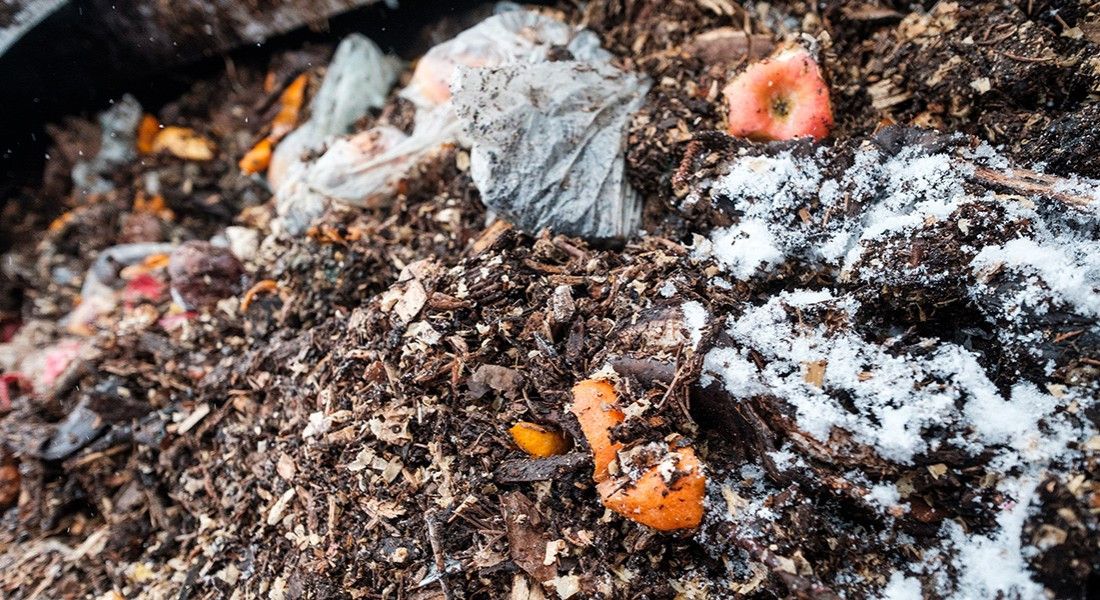Compost is not garbage
City organics collection postponed
The City of Winnipeg has called for an organic waste collection review that would hold off on compost collection action until after the 2018 election.
“This will provide us a chance to review and refine as may be required to meet the needs of Winnipeggers,” Daryl Doubleday, manager of solid waste services for the city, says.
“Once we have an idea of where we are at, we can then move forward with new or enhanced waste-diversion initiatives that will meet the needs of all Winnipeggers while protecting the environment.”
In October 2011, city council adopted the Comprehensive Integrated Waste Management Strategy (CIWMS) with plans to increase the waste diversion rate to 35 per cent by 2016 and hopes to reach 50 per cent by 2020.
The waste diversion rate is the amount which landfill shrinks from year to year.
“The review will include an evaluation of the federal and provincial approach to carbon pricing, climate change and its impact on city garbage and waste-diversion services, as well as availability of funding from other levels of government to undertake green initiatives,” Doubleday says.
He says organics make up approximately 40 per cent of Winnipeg’s residential waste stream and are the main source of greenhouse gas emissions from landfills.
Now the public service is completing a five-year CIWMS review and, in the meantime, organic waste is still being picked up by the city and hauled to the Brady Landfill, contributing to greenhouse gas emissions.
However, there are some local initiatives in place which educate about and promote local composting.
One of these is Compost Winnipeg (CW), a compost service and a social enterprise of Green Action Centre. CW provides services for offices, small cafes and restaurants, multi-family homes and apartments and condos.
Their services include compost pick-up, backyard starter packages, apartment or condo compost collection or on-site management, with a price of $25 for residential and varying prices for other services.
“We offer a number of compost programs throughout the year,” Kelly Kuryk, CW project manager, says. “I would say all of our programs are really well-used. We typically have more demand than resources for our community and school programs.”
They also offer free presentations on backyard composting and vermicomposting, a compost training and volunteer program, all-ages school programming, workplace presentations, multi-family compost training and a compost information hotline.
“I think it’s important to give people options. Backyard composting is ideal in every way. (It) reduces waste, reduces greenhouse gas emissions, produces an organic soil amendment, connects you with your food waste and (is) a natural recycling process,” Kuryk says.
But home composting isn’t for everyone, she says, which is why CW offers compost sites and pick-up services to make participation more accessible. She also believes education to help people understand compost is important, too.
“There is tremendous value in educating about compost systems. Taking all the energy and nutrients in our organic waste and turning it into a resource is a powerful act,” she says.
Kuryk says that even when the city starts curbside collection, their organization’s backyard and community compost activities will still go full-steam ahead.
“It’s so grounding and such a worthwhile activity,” she says. “We have a huge contingent of enthusiastic composters in our city.”
Find local compost resources through the Spence Neighbourhood Association at www.spenceneighbourhood.org and the West Broadway Community Organization at www.westbroadway.mb.ca.
Published in Volume 71, Number 23 of The Uniter (March 9, 2017)







